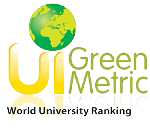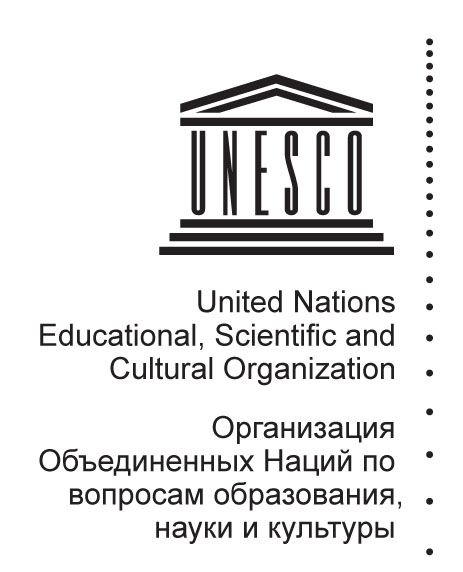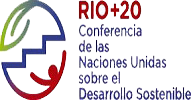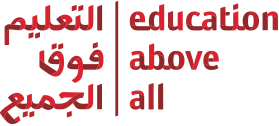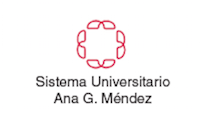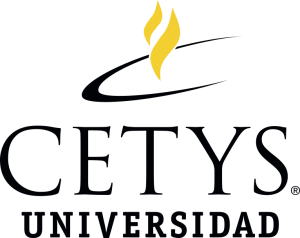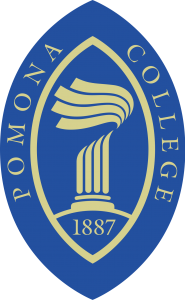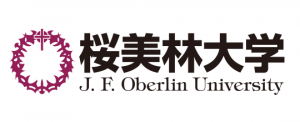The primary aim of Global Citizenship Education (GCED) is nurturing respect for all, building a sense of belonging to a common humanity and helping learners become responsible and active global citizens. GCED aims to empower learners to assume active roles to face and resolve global challenges and to become proactive contributors to a more peaceful, tolerant, inclusive and secure world. Education for global citizenship helps young people develop the core competencies which allow them to actively engage with the world, and help to make it a more just and sustainable place. It is a form of civic learning that involves students’ active participation in projects that address global issues of a social, political, economic, or environmental nature.
The UN’s Global Education First Initiative notes, “It is not enough for education to produce individuals who can read, write and count. Education must fully assume its central role in helping people to forge more just, peaceful, tolerant and inclusive societies.” According to the UN, global citizenship education provides the understanding, skills and values students need to cooperate in resolving the interconnected challenges of the 21st century, including climate change, conflict, poverty, hunger, and issues of equity and sustainability. These same educational outcomes prepare students to be successful in the workplace of the 21st century as well.
UNESCO
http://en.unesco.org/gced
UNESCO’s work in this field is guided by the Education 2030 Agenda and Framework for Action, notably Target 4.7 of the Sustainable Development Goals (SDG 4 on Education), which calls on countries to “ensure that all learners are provided with the knowledge and skills to promote sustainable development, including, among others, through education for sustainable development and sustainable lifestyles, human rights, gender equality, promotion of a culture of peace and non-violence, global citizenship and appreciation of cultural diversity and of culture’s contribution to sustainable development”.
Connected within the Target 4.7, Global Citizenship Education (GCED) and Education for Sustainable Development (ESD) are recognized as mutually reinforcing approaches: both prioritize the relevance and content of education in order to ensure that education helps build a peaceful and sustainable world and both emphasize the need to foster the knowledge, skills, values, attitudes and behaviours that allow individuals to take informed decisions and assume active roles locally, nationally and globally.
UNESCO Publications:
http://www.unesco.org/new/en/unesco/resources/publications/
http://www.unesco.org/new/en/unesco/resources/publications/unesdoc-database/
http://unesdoc.unesco.org/images/0022/002241/224115E.pdf
http://unesdoc.unesco.org/images/0024/002464/246429e.pdf
http://unesdoc.unesco.org/images/0024/002457/245752e.pdf
There are a number of institutions and organizations around the world that are advancing Global Citizenship Education, including Ana G. Mendez University, UNICEF and Oxfam.
Ana G. Mendez University
Ana G. Méndez University is a non-profit institution of higher education whose principal mission is to promote the cultural, social and economic development and well-being of Puerto Rican society, as well as of other Hispanic communities outside of Puerto Rico, by offering educational opportunities for the benefit of the communities it serves. The university is UNAI’s global resource hub to promote the sharing of knowledge and information regarding global citizenship. Its activities in that regard solidify its commitment to the development of global citizens, by ensuring that its graduates are thoroughly prepared to provide solutions to solve the problems faced by humanity today.
Oxfam
Oxfam believes that global citizenship education enables young people to develop the core competencies which allow them to actively engage with the world, and help to make it a more just and sustainable place. At Oxfam, the philosophy of global citizenship is implemented through a whole-school approach which involves everyone from learners themselves to the wider community. It is also promoted in the classroom through teaching the existing curriculum in a way that highlights aspects such as social justice, the appreciation of diversity and the importance of sustainable development. In this way, global citizenship education grounds learning in practical life situations, creates a culture of global knowledge about other societies thus instilling tolerance and challenging inequality, emphasizes the importance of individual and collective power and creates a sense of social responsibility. To achieve this, Oxfam has developed guides describing the why, what and how of global citizenship. They introduce the key elements of Oxfam’s Curriculum for Global Citizenship, as well as providing case studies that outline best practices in the classroom, activities that can be adapted for use in many curriculum areas, and resources for further reading.
Association of Korean Universities in Support of UNAI Korea
The Association of Korean Universities in Support of UNAI Korea was established in 2012 and has been an active non-profit organization registered with the Republic of Korea Ministry of Foreign Affairs since 2013. UNAI Korea adheres to the principles of UNAI, promoting higher education and global citizenship education through collaborations with institutions of higher education and research both in Korea and overseas. UNAI Korea supports the pursuit of the three foundational goals of the United Nations Charter: peace, development and protection of human rights. Working with 68 universities and higher education institutions within Korea as well as undergraduate and graduate student groups through UNAI ASPIRE Korea, UNAI Korea promotes and implements the UN’s major education initiatives. UNAI Korea also supports Korean universities and institutions to build partnerships with the UN and other higher education institutions overseas to use education as an engine for addressing global challenges. To fulfill this mission, UNAI Korea is developing global citizenship education programs in higher education, enhancing research and exchange among higher education institutions around the globe, nurturing and building the capacities of youth and professionals, and establishing comprehensive partnerships among all stakeholders.
Additional Resources and Content
Asia Society
Global Citizen
Globalization101.org
International Development Education Association Scotland (IDEAS)
UNICEF
Education Week
NORRAG – Network for International Policies and Cooperation in Education and Training






